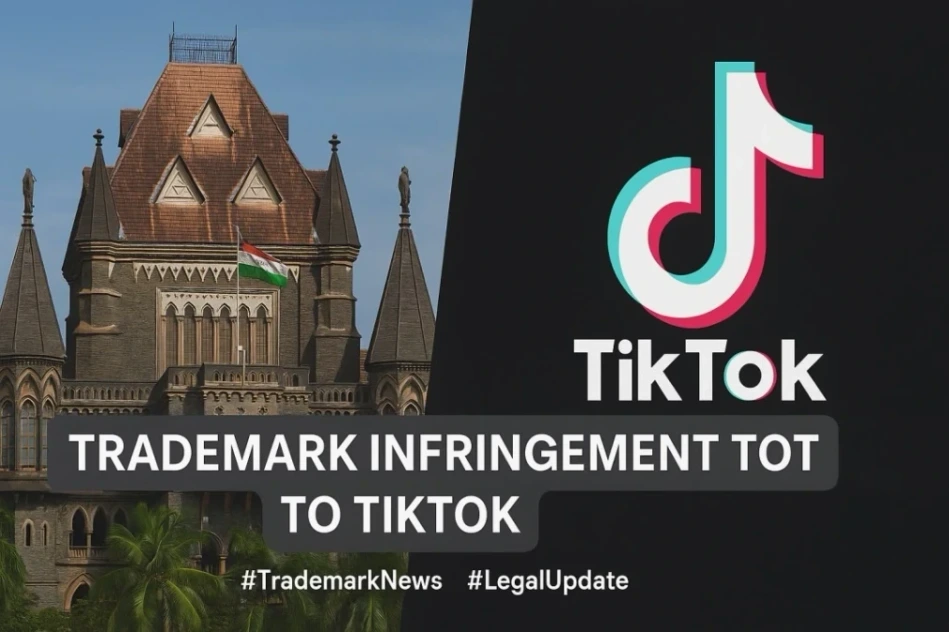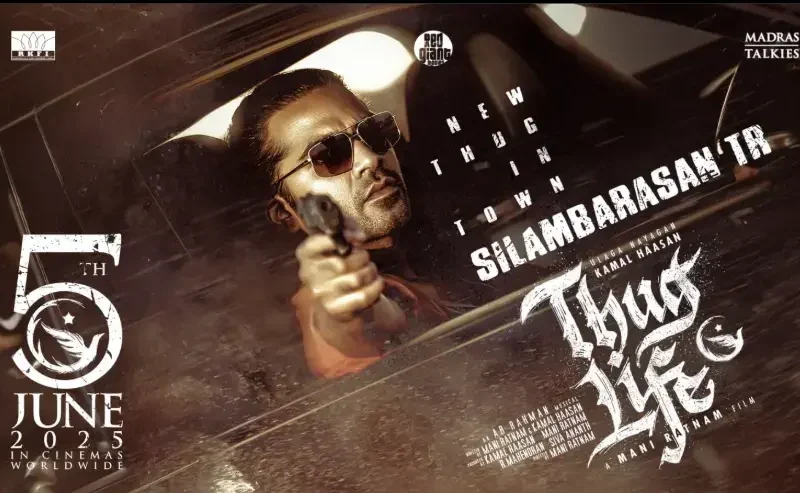TikTok just faced a major legal setback in India. In a recent ruling, the Bombay High Court refused to grant TikTok “well-known trademark” status. Here’s what happened, why it matters, and what brands can learn from this decision.
What’s the Fight About?
TikTok (owned by ByteDance) went to court after India’s trademark registry rejected its request to be declared a “well-known trademark.” This special status would have given TikTok stronger legal protection against copycats, even in unrelated business categories. Think of it like a legal VIP pass!
But the court disagreed. Here’s why:
- Not Enough Proof: TikTok couldn’t show enough evidence that ordinary Indians recognized the brand as a trademark. The court said, “Popularity doesn’t equal trademark fame.” Just because millions used the app doesn’t mean they saw “TikTok” as a unique brand signature.
- The Ban Problem: Remember India’s TikTok ban in 2020? The court noted the app was blocked for over 3 years. That gap made it hard to prove TikTok was “continuously famous” in India when it wasn’t even accessible.
- Legal Hurdles: Under India’s Trade Marks Act, brands must pass strict tests to earn “well-known” status. TikTok’s paperwork fell short—no user surveys, media reports, or sales data convinced the judges.
Why Should You Care?
- For Brands: This ruling is a wake-up call. Even if your app goes viral, legal protection isn’t automatic. You need solid proof—like consumer surveys or marketing spend records—to show your brand is truly “well-known.”
- For Users: Copycat apps might keep popping up. Without strong trademark rights, TikTok can’t easily sue knockoffs in India.
- For India’s Laws: Courts are strict about handing out “well-known” status. Only 150 brands (like Amul or Tata) have it. They won’t give it away just for being trendy.
What’s Next for TikTok?
The court dismissed TikTok’s plea. They can appeal, but for now:
- No extra trademark shield in India.
- Competitors might use similar names (like “TikTak” or “TikTop”) without immediate legal risk.
Fame isn’t permanent. Brands must work hard to legally protect their identity—especially in fast-changing markets like India



